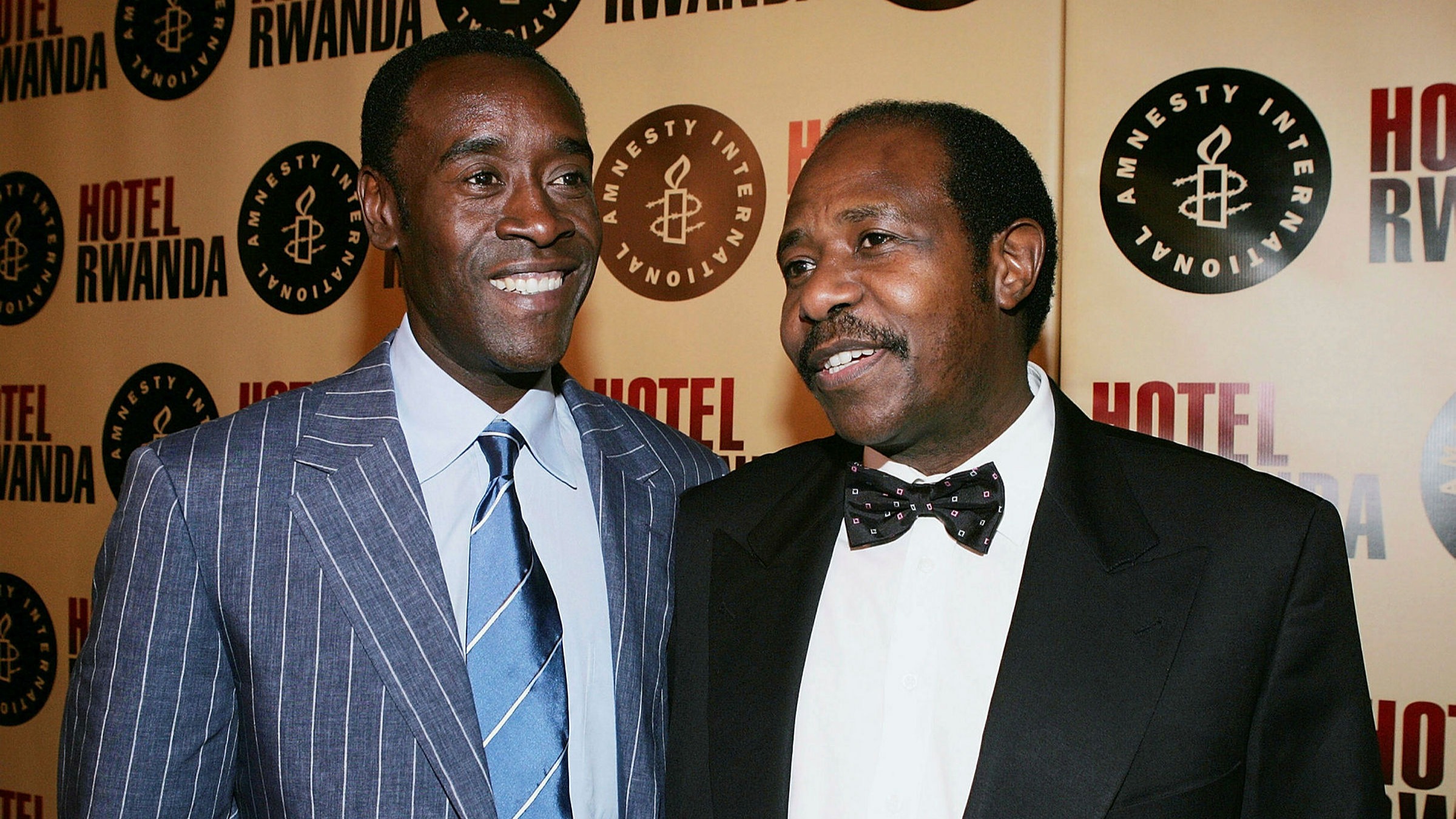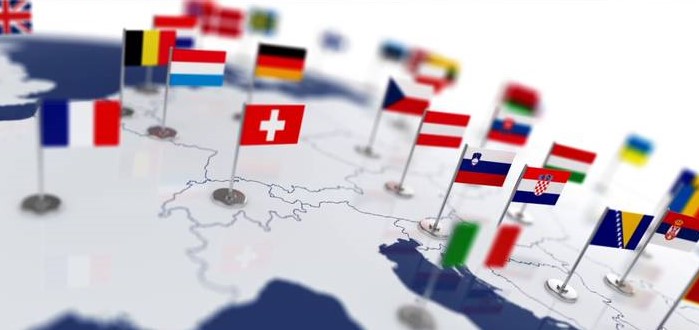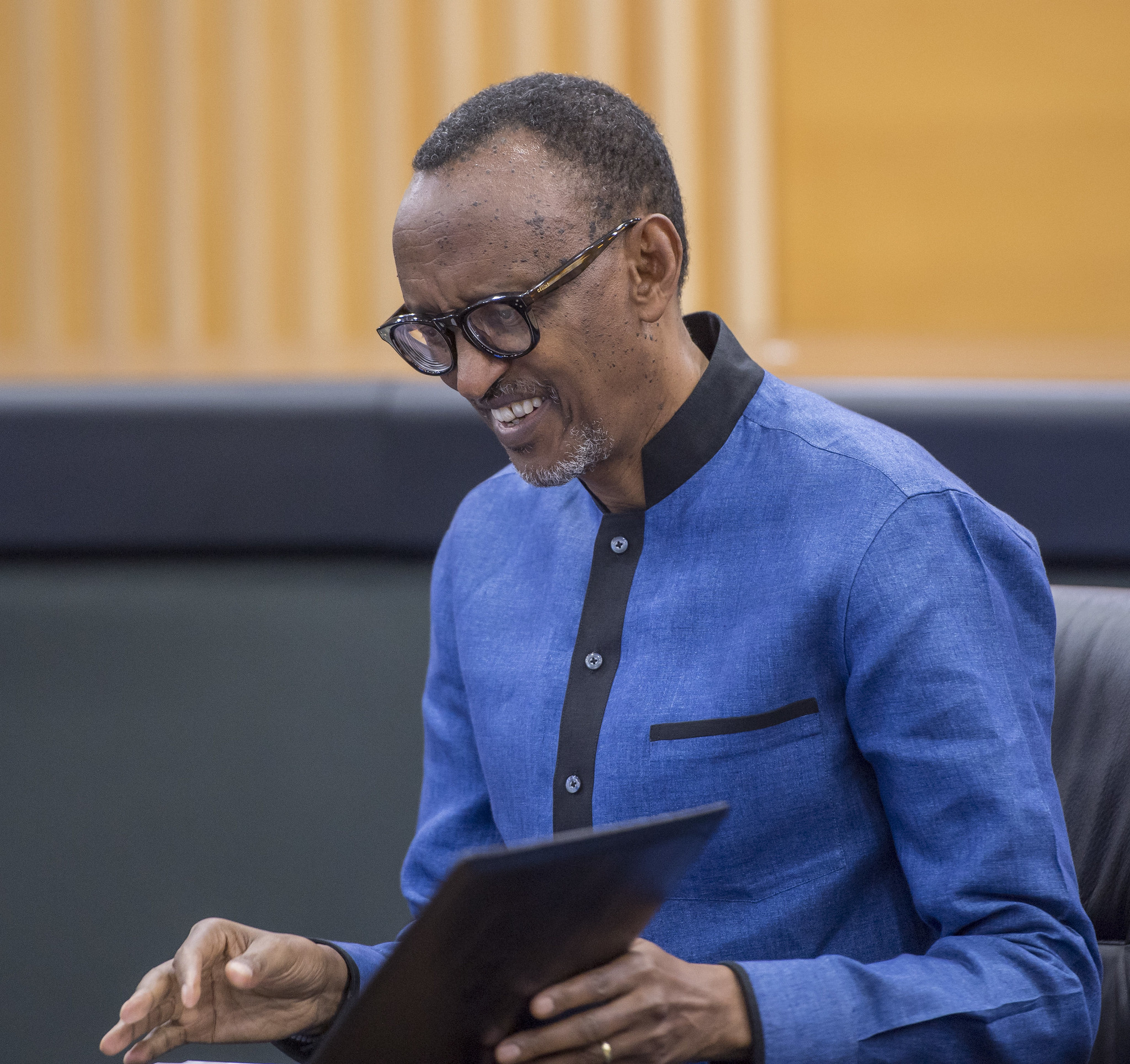International
Hypocrisy: Western media readies to influence elections in Rwanda
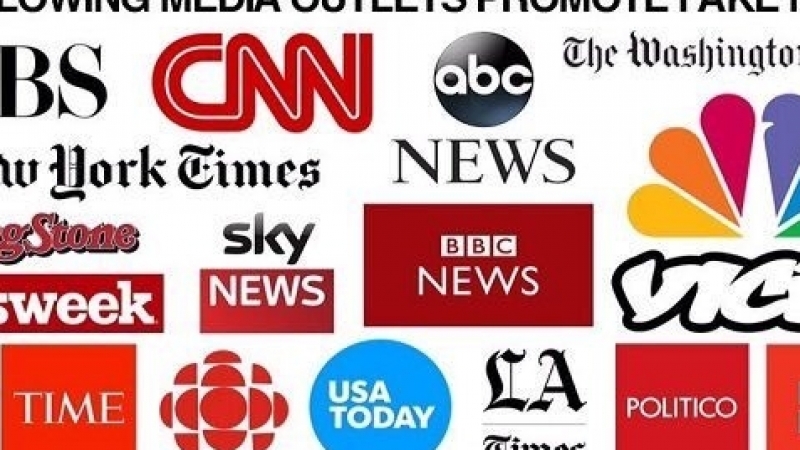
In August
2024, Rwandans will vote for their Members of Parliament and President, at the
same time, for the very first time.
As
expected, when Rwanda is set to hold elections, the Western media engine starts
publishing recycled absurd stories questioning the ‘fairness and freedom’ of
the elections about to be held while at the same time pushing for and promoting
sham political opposition figures. The timing of recycled allegations aimed at
tarnishing the image of the country’s leadership during the campaign period is
not new.
Western
media’s narrative often claims that elections in the country are ‘a one-man
race’, and reports made up cases of ‘electoral intimidation’ in an attempt to
influence the elections.
In
2010, when Rwandans held the nation's second presidential poll since the 1994
genocide against the Tutsi, CNN published a story claiming that human rights
groups expressed concern over ‘violence and repression’ leading up to the vote,
and lack of critical opposition voices, because two aspiring candidates were
under arrest and another had fled to Europe.
Among
the ‘aspiring candidates’ that CNN referred to was one Victoire Ingabire, who
came to Rwanda with hopes to register her party, FDU-Inkingi. The latter comprised
a coalition of genocide ideologues and extremists mostly residing in Europe.
Ingabire
was eventually arrested and convicted for terrorism, genocide denial and
planning to cause state insecurity. She was, later, sentenced to 15 years in
prison before she was eventually released on presidential clemency.
In
2017, when Rwandans were heading to polls, reports and articles from Western media
poured again, describing Rwanda’s election as unfair and making up a story of
how the government was stifling the opposition.
In
July 2017, a month before the elections, Amnesty International, published a
‘report’ warning that the elections risked being held under “a climate of fear
created by years of repression” due to alleged state intimidation of the opposition.
It called upon Rwanda’s international partners with a presence in the country
to ‘remain watchful’ before and during the election.
As expected,
the ‘report’ was picked up by big media houses including CNN, BBC, DW, and France
24, and used to try to show how Rwanda’s elections are likely to be unfair.
On
top of that, these media houses drew all their attention on Diane Rwigara,
claiming she was ‘unfairly barred’ from running for president. A month prior to
the elections, France 24, published an article featuring an interview with
Rwigara where she claimed that local leaders threatened her supporters.
But
France 24 failed to clarify that Rwigara had forged some of the signatures
required for her nomination. Some of the signatures she presented belonged to
deceased people. She also used documents belonging to another political party
as was proved by the National Electoral Commission, which rejected her
candidature.
Ahead
of the 2024 polls, the same trend is being picked up again by Western media,
with the same so-called opposition leaders.
On
June 30, The New York Times published an article claiming that Paul Rusesabagina,
a convicted terrorist, released on presidential pardon and allowed to go to the
USA, was earlier arrested because of the ‘rivalry’ between him and Rwandan
President Paul Kagame. It claimed that the former has ‘more of a platform than
anyone else’ because of his prominence and the international attention to his
case. The article implied that Rusesabagina is a potential opposition leader,
who was wrongly imprisoned.
The
conspiracies of ‘stifling opposition’ do not end there. In 2023 alone, Ingabire
has been interviewed by several Western media houses including BBC, and Aljazeera,
The Guardian, and Elpais, yet no one expects nothing from these articles other
than her being portrayed as ’the main opposition leader against the government’
where she often claims that there is no freedom in Rwanda and plays victim
card.
But
Rwandans know better than falling for this circus of Western media. Why would
they put a terrorist and a genocide denier at the helm of the country?
One
thing Western media fails to understand is that no matter what foreigners,
especially the detractors, say, Rwandans are the ones who have to choose the
leader they want and for how long they want that leader to stay.
Rwandans
now know the West’s manipulative policies to control African nations in the
guise of human rights and development.
The
corrupt West is, as a matter of fact, not in a position to define what human
rights are and should look like for Rwandans and Rwanda.
Human
rights in Rwanda belong to Rwandans and not for anyone else to claim or dictate.
Rwandans
have been — and are still, fighting for human rights in many ways and facets of
life from Western entities and know the true meaning of this fight better than
anyone else ever could.
Rwandans
now know that prosperity and stability cannot be achieved through Western
prescriptions.
When the time comes, they will hold highly
organized and peaceful elections as has always been the case.
Once
the electoral process is fully wrapped up and the new leaders announced, the
nation will celebrate and carry on with work. The detractors, as usual, will
not sleep.


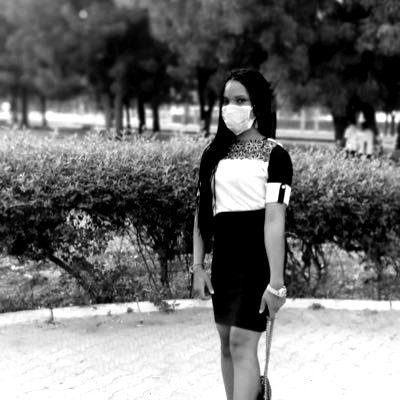

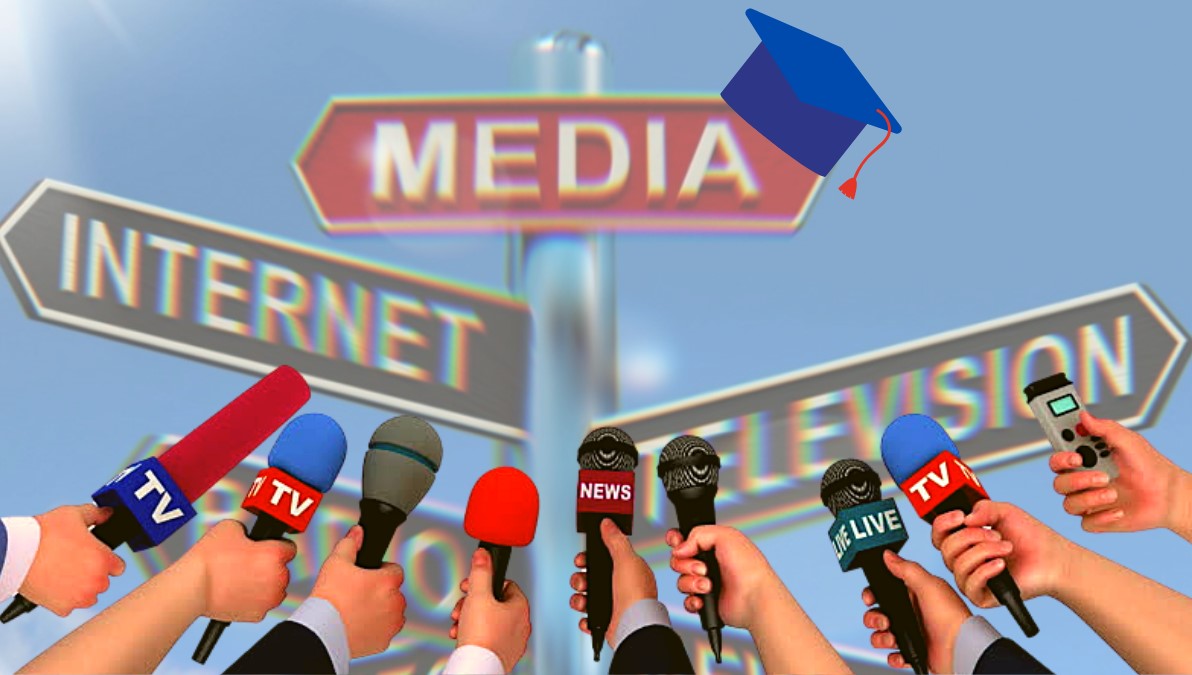

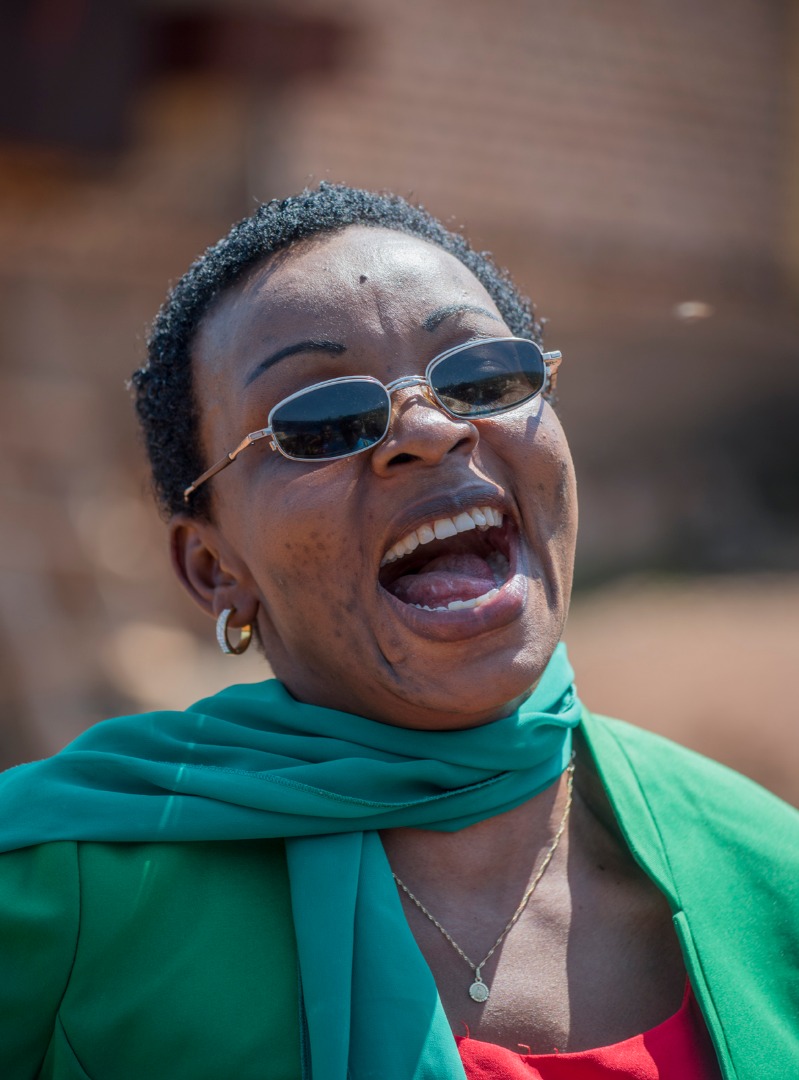
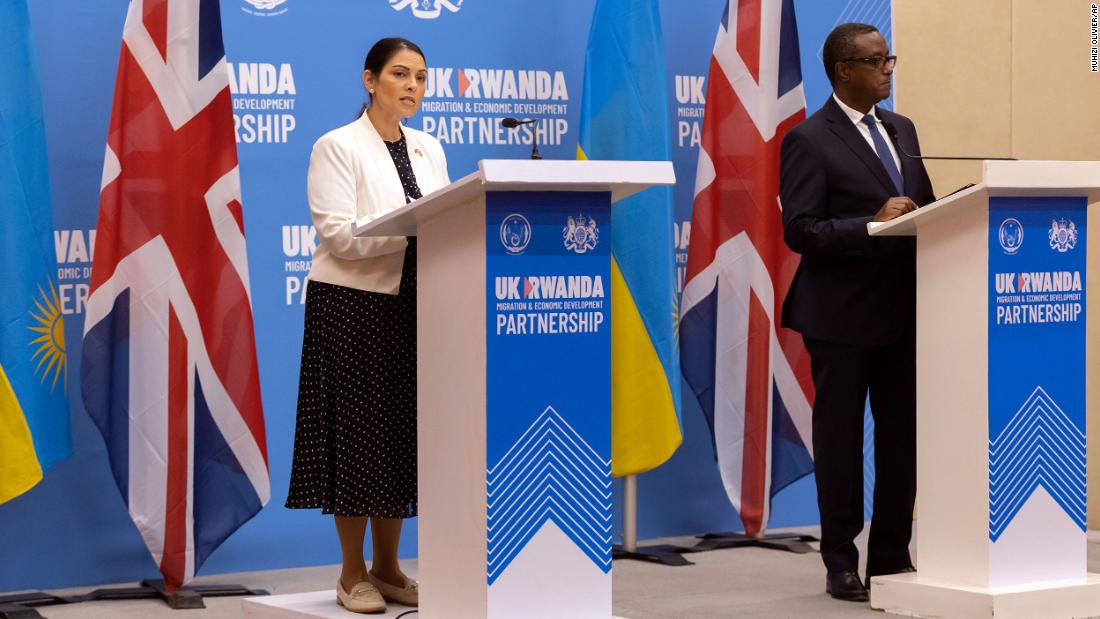
.jpg-20220806112610000000.jpg)
